6 Easy Tips to Minimize Your COVID Risk as Cases Rise
Be proactive by protecting yourself from COVID infection, says a Doctor
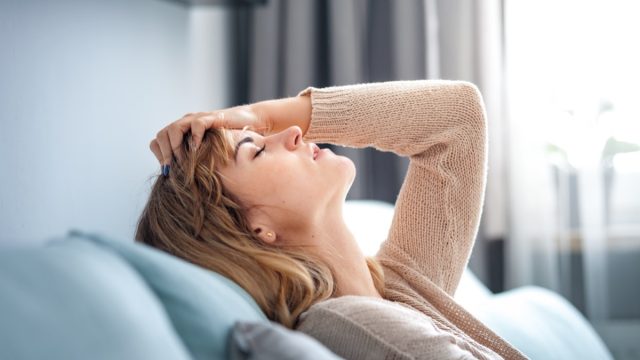
Last week the Centers for Disease Control and Prevention (CDC) revealed in its data tracker that the average test positivity in the past four weeks nationwide through September 23 was 13.8 percent. As cases begin to spike across the country, you may be wondering once again how you can minimize your risk of infection, especially with the new variants circulating. Jacob Teitelbaum, MD discusses the latest COVID-19 wave with Newsful and reveals a few easy ways you can protect yourself from infection.

According to Dr. Teitelbaum, it is still unknown how the new variants will influence infection. “The jury is still out about how quickly the new variants are going to spread, but they do seem to be less severe and less dangerous,
He says.
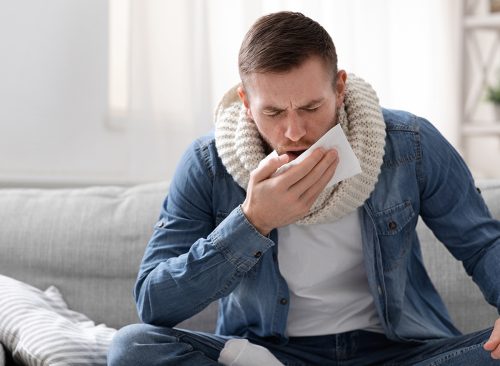
However, judging from other pandemics and infection waves, the worst is likely behind us. “As has been seen with measles and other infections, the first time a virus is seen by a society is the most devastating. For example, most Europeans do fine with measles. But native cultures in the Americas and Hawaii were decimated when measles was first brought to them,” he says.
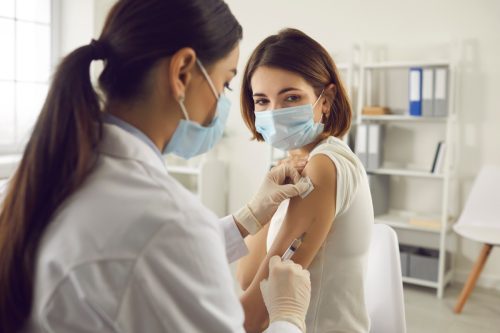
He adds that most people have either had the infection, the vaccine, or both. “This markedly minimizes your risk,” he explains.
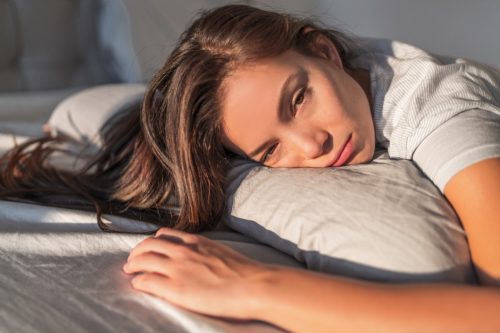
“It is important to realize that in a household where somebody gets Covid, only one out of the six of the people they come in contact with will catch the infection, ” he points out. “This is because how susceptible you are is more important than whether you come in simple contact with the virus.”
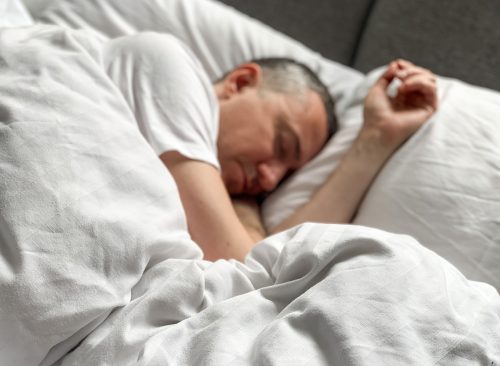
The first tip he has to minimize infection risk is to get your eight hours of sleep a night. “One of the most powerful ways to immune suppress an animal is to sleep deprive it,” he reveals. “Getting your eight hours of shut eye a night, or whatever feels optimal to you, is critical for optimizing immunity. For perspective, the average night’s sleep in the United States until lightbulbs were invented was nine hours a night. We are now down to six and three-quarter hours a night. We are a sleep deprived society.”

He also stresses the importance of staying hydrated. “The part of our immune system called IgA antibodies, which are like our immune system’s Navy, is our first defense against getting the infection,” he explains. This makes it especially important for minimizing Covid risk. “Like the Navy, IGA antibodies work poorly in a dry environment. Keeping your mucous membranes (nose, mouth, sinuses, etc.) moist is a powerful defense against Covid. Stay hydrated,” he says.m

While you need to drink fluids, avoid sweetened drinks, he says. “The amount of sugar in a can of soda can suppress the immune system by 30% for three hours,” he reveals.
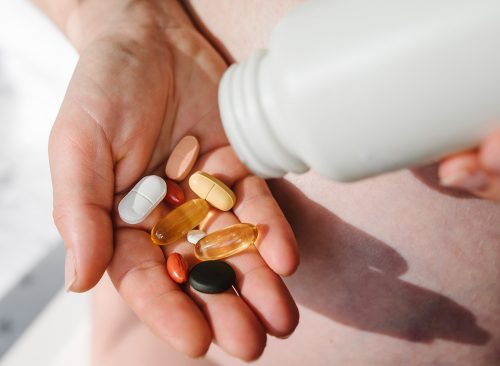
Also, take a good multivitamin. “Many nutrients, especially zinc, vitamin C, and others are especially important for healthy immune functioning. About half of these nutrients are lost in food processing, so optimizing immunity is one of the many benefits to taking a multivitamin,” he says.

He also suggests avoiding spending large amounts of time in small rooms filled with a large number of people. “The concentration of Covid virus in the air, in combination with how long you are in that room, plays a major role in determining whether you inhale enough of the virus to catch it. That’s why it is exceedingly unusual to catch the virus when you are outdoors, even in large crowds of people. But the volume of air in a small room full of people, especially if there is no air circulation to the outside, allows the virus concentration to build up in the air,” he says.
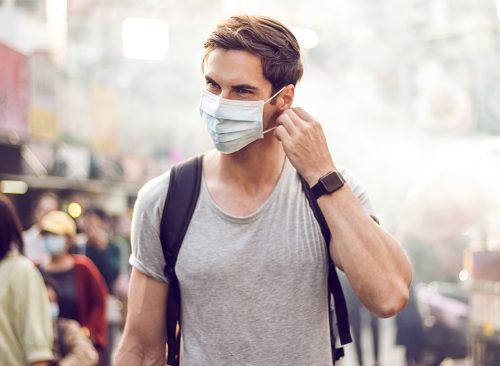
If you do start experiencing symptoms or believe you were exposed to the virus, you should get tested as soon as possible to avoid spreading the virus.
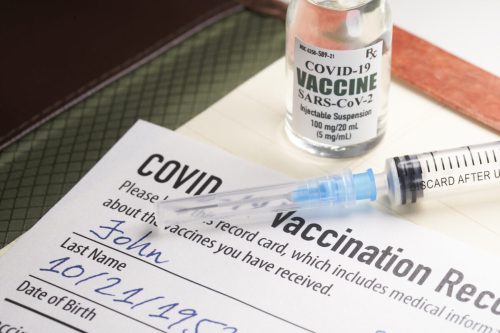
“CDC recommends the 2023–2024 updated COVID-19 vaccines,” says the agency. “Everyone aged 5 years and older should get 1 dose of the updated Pfizer-BioNTech or Moderna COVID-19 vaccine to protect against serious illness from COVID-19.”














